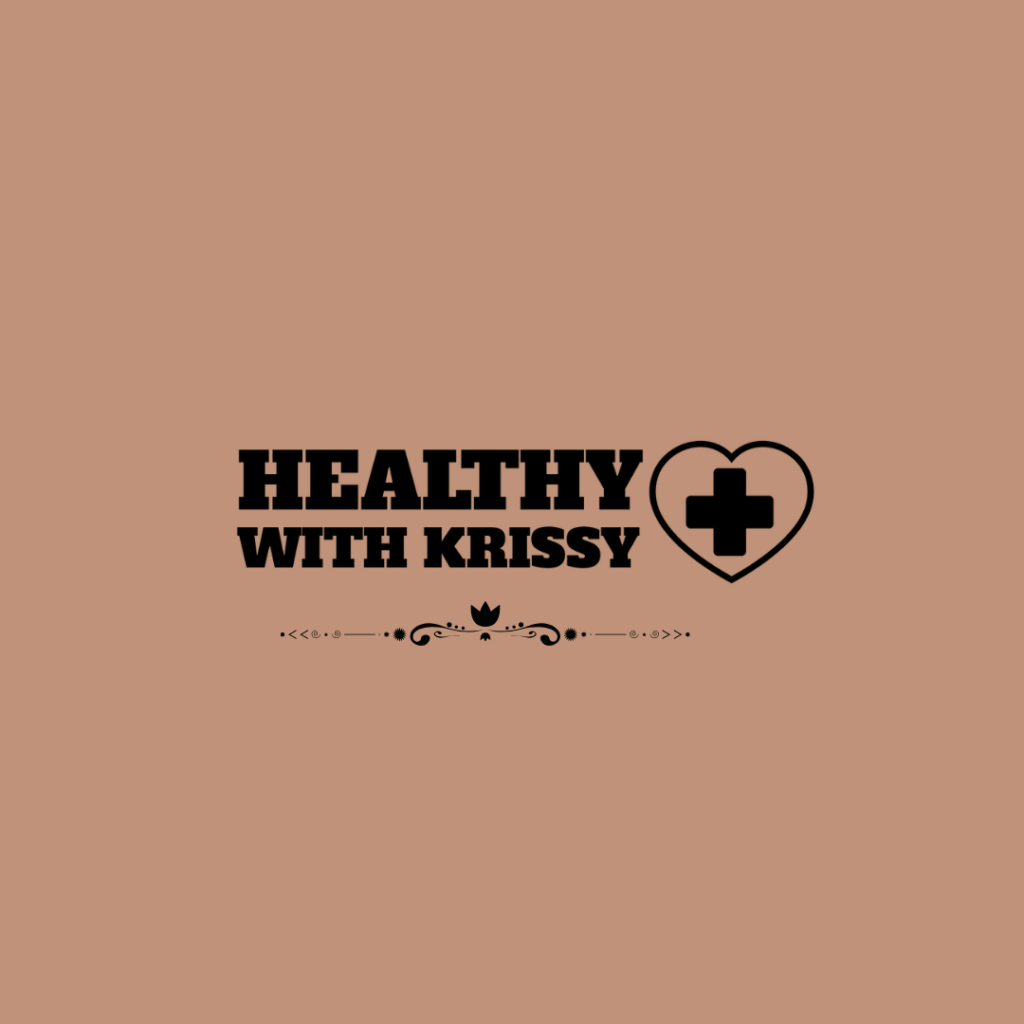Fall is already here and the weather is surely letting us know. I always love to pull out my cute sweaters at this time of the year, but it wouldn’t be it if I didn’t have my coffee. I’m not exactly a coffee person but when fall comes around I absolutely love my coffee. Especially if I can have it under a soft blanket and with a nice book in my hands.
And who of us doesn’t consume caffeine? Whether it’s one cup of coffee in the morning or a Coke after a good lunch. Or, for some, it may be an energy drink to wake up; especially for those of us who have to be at school or work early in the morning. In the end, a lot of us consume caffeine in one way or another. But do you know what it does to your body? Or why after you get used to drinking it, it’s so hard to stop? Let’s look at that together today.
WHAT IS CAFFEINE?
The first thing we have to talk about is what exactly caffeine is. Right now, it may seem like a word very similar to coffee, and it is. I also didn’t know many of its effects before I started looking for them myself.
Caffeine is a natural stimulant and we can find it in various forms. In nature, we find it in coffee beans, tea leaves, or even cacao beans. It’s also added to some foods, drinks, or medications.
From a more scientific point of view, it’s more complicated. Chemically, caffeine is classified as a central nervous system stimulant, or in the words you might understand better, it helps increase brain activity and therefore helps people feel more awake and alert.
Just like when you take medication, coffee too, quickly enters your bloodstream. For caffeine to get into your bloodstream it takes approximately 45 minutes. When it gets through your blood into your brain, it starts to block adenosine receptors. Adenosine is a chemical that promotes sleep, so by blocking it, caffeine reduces feelings of tiredness and increases alertness.
Caffeine is used not only for its stimulating effects but also in some medical treatments, such as for premature infants with breathing difficulties. But when you ask, most people will say they take it just because the latte or the energy drink tastes good.

Positive effects of caffeine intake
Now that we established what caffeine is, we can move to the promised effects of caffeine on the human body. Let’s start from the optimistic point of view. I already mentioned the improved mental alertness by blocking adenosine receptors, so we can just skip past that and get to the more interesting ones.
1. Enhanced physical performance
This one is for the athletes reading this but we all can use it for our own benefit. Caffeine increases adrenaline levels, which helps improve not only physical endurance but also strength. This can be particularly beneficial during exercise by allowing muscles to utilize fat as fuel (therefore it helps you get rid of some of the fat on your belly but we will talk about that in just a minute😊).
2. Mood improvement
All of us have that one friend who needs their morning cup of coffee before they do anything else. And many of us may have found that having a conversation with that one friend may be very difficult before that one cup of coffee. That is because caffeine stimulates the release of dopamine, a neurotransmitter associated with pleasure, motivation, and well-being. This can improve mood and potentially reduce the risk of depression, so yes, the quote from TikTok: “More espresso, less depresso,” is true although I would not recommend it over medical treatment.
3. Weight management
If you ever searched for topics like “How to lose weight fast?” or “10 tips on how to permanently lose weight without effort” you might have found this tip to be somewhere on the list. Drink coffee. Of course, it won’t get you your dream body without doing any kind of dieting, or exercising but there is some science behind it. Caffeine can help slightly boost metabolism, enhance fat burning, and it may suppress appetite temporarily. This effect is commonly used in weight management supplements. But please don’t forget. When it comes to weight loss, there is no magic pill that will do it for you. And even this tip won’t work if you put a ton of sugar in your coffee so that it would taste better. In that case, I would rather try reaching out for a cup of green tea or other kind of tea that you are able to drink without sugar.
4. Reduced risk of neurodegenerative diseases
For those who prefer their dose of caffeine in the form of coffee, there is a very good advantage for their future. Several studies suggest that regular caffeine consumption, particularly from coffee, is associated with a lower risk of developing neurodegenerative diseases like Parkinson’s and Alzheimer’s.

Excessive consumption of caffeine
Yes, we all probably love drinking our coffee or tea, or maybe even energy drinks, but let’s be honest with ourselves. How much do you drink daily? Is it a cup of coffee a day? Or maybe three cups of tea? Or even five energy drinks? The amounts of caffeine in those vary significantly, depending on brand, amount, and the way you prepare them. But there is a number we can use to count our daily caffeine intake. We count it in milligrams per day, and for that, we have a clear border. Your caffeine intake should not exceed 400 mg per day. For example, one 250 ml can of Red Bull contains 80 mg of caffeine. That alone is not that bad but if you drink five cans of this size, you get on the very border.
As we talked about earlier, you already must know that caffeine has many benefits. And that is right. But there isn’t all good in the consumption of caffeine. It can take various tolls on our bodies if we overdo it.
Some risks of excessive consumption may be:
1. Increased anxiety and restlessness
Yes, I know. We said that caffeine releases dopamine and, therefore, helps fight against depression. But in large amounts, the caffeine can start overstimulating the nervous system, and that may lead to feelings of anxiety, jitteriness, and restlessness. People who are sensitive to caffeine may experience these symptoms even with moderate intake so keep this in mind.
2. Disrupted sleep patterns
Most of us already know that we drink caffeine-infused beverages to stay awake and alert, but that is for a reason. As we discussed earlier, caffeine blocks adenosine receptors in the brain. This can lead to insomnia, shorter sleep duration, or poorer sleep quality. So yes, it does increase alertness, but at the same time, it decreases your perception of being tired. That is why you shouldn’t drink coffee or an energy drink before going to bed.
3. Digestive issues
Healthy gut, healthy life.
I can’t help but agree with that sentence, and even when it comes to caffeine, it is relevant. When it comes to what we put into our bodies, we should always think about how it will influence us. Our digestive system is very complicated but also very easily harmed system. Caffeine can increase the production of stomach acid, leading to acid reflux, heartburn, and potential worsening of gastrointestinal conditions like gastritis. Excessive consumption can also cause diarrhea or nausea in some individuals.
(But don’t worry. That only happens if you do it excessively 😉 )
4. Increased blood pressure
When it comes to drinking coffee and overall consumption of caffeine we can’t overlook this big scarecrow. But don’t worry. In reality, it is not as big as most say.
Moderate caffeine intake has minimal effects on blood pressure for most people but high doses can cause a temporary spike in blood pressure. This applies particularly to those individuals who don’t regularly consume caffeine or are sensitive to its effects. For those with existing high blood pressure or heart conditions, excessive caffeine intake can pose a risk.
5. Toxicity at extremely high levels
The dose makes a poison.
Words I’ve heard many times, especially as a pharmacy student. It is not that complicated to overdose on water so it is not that surprising that we can overdose on caffeine.
Extremely high doses of caffeine can lead to caffeine toxicity. This dose is considered 1,200 mg and more. Taking such high doses can lead to caffeine toxicity, which can cause severe health issues like seizures, confusion, or irregular heartbeat. Such high doses are more likely to occur through the use of caffeine pills or energy drinks.

This post is already very long and I’m not going to make it much longer. I wanted to talk about caffeine addiction too but we’ll leave that for another week 😉. At least that way you have something to look forward to, and a reason to revisit. Thank you for reading this far, and if you liked this post, you can let me know by leaving a comment. Also if you don’t want to be late for the next post, you can find me on social media by clicking contact and the platform you want to see me on.
See you next week. Be healthy, be happy and don’t forget to come back. Bye!
Sources for the information I used to create this post:
https://www.ncbi.nlm.nih.gov/pmc/articles/PMC3777290
https://www.health.harvard.edu/staying-healthy/what-caffeine-does-to-your-body
https://www.ncbi.nlm.nih.gov/pmc/articles/PMC3777290


Pingback: breaking free from caffeine trap: signs, symptoms, and solutions – Healthy with Krissy